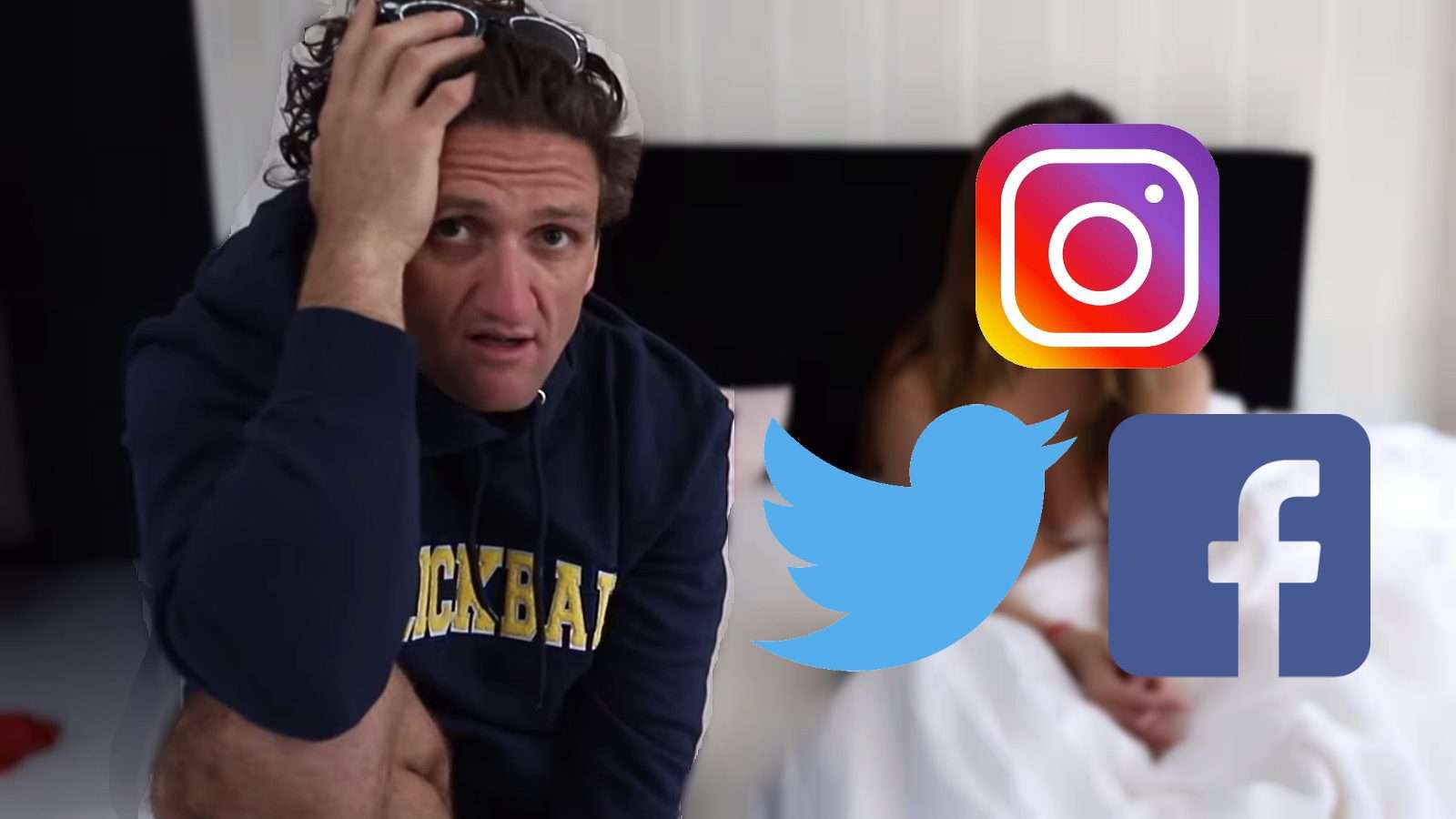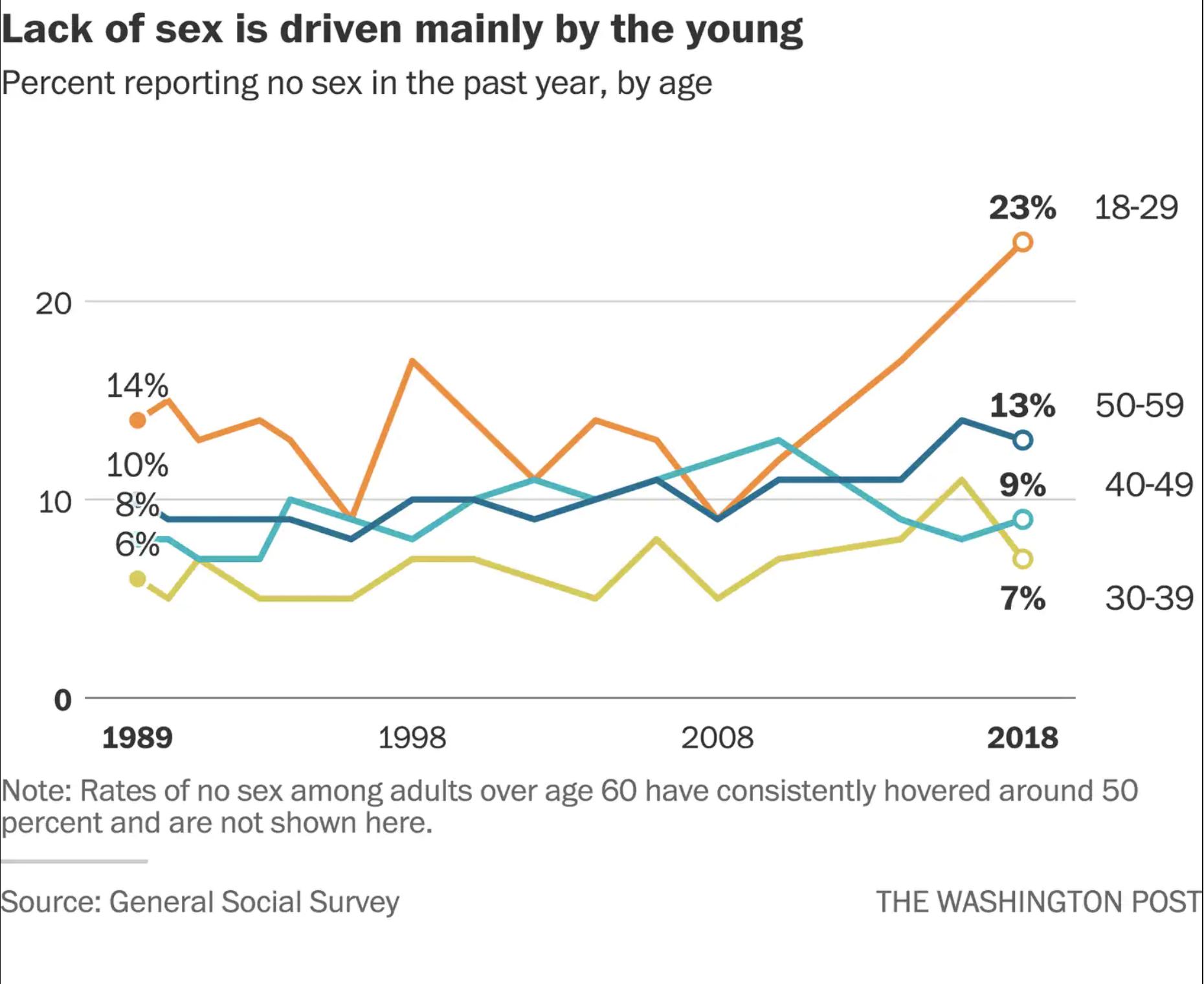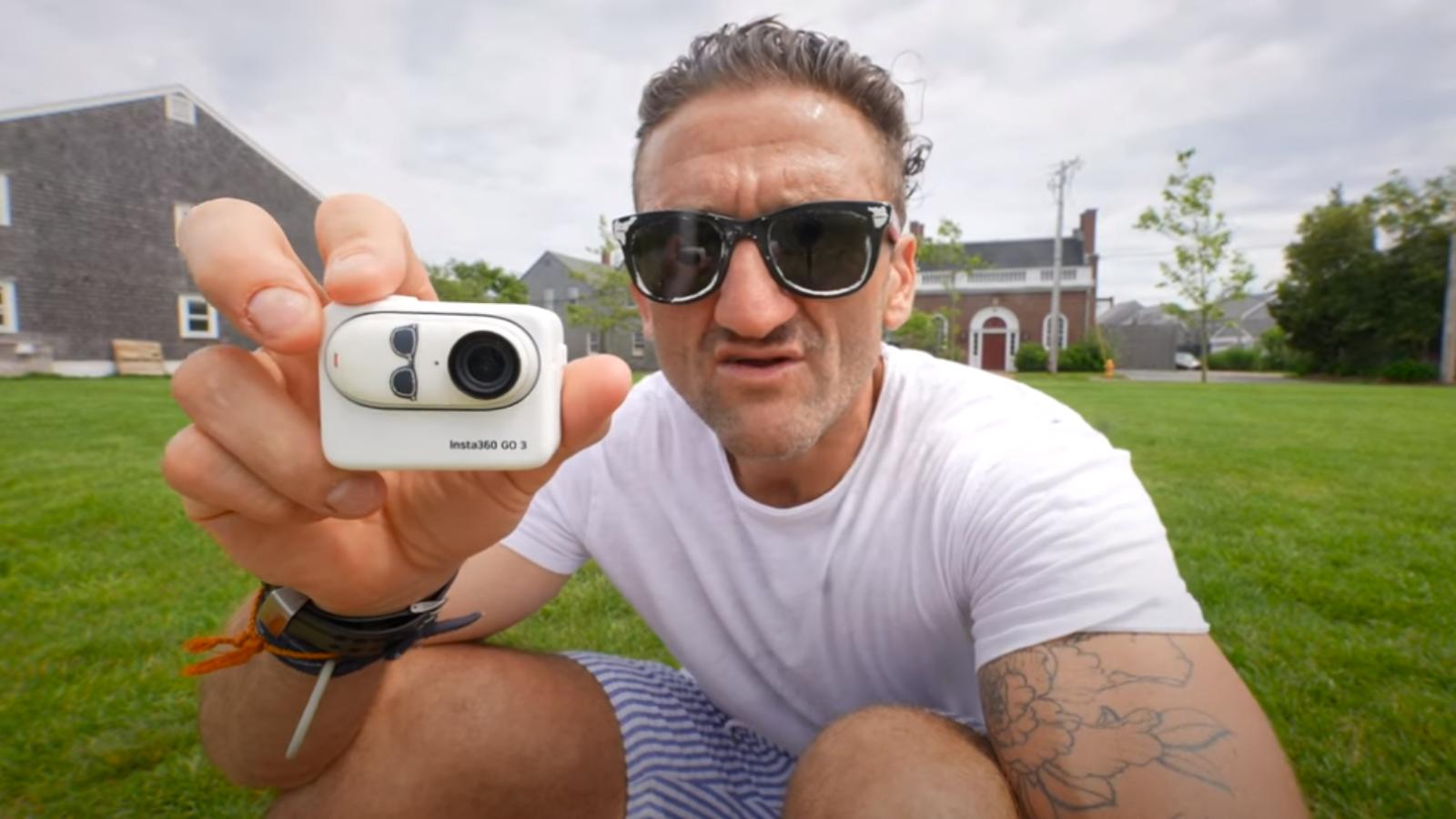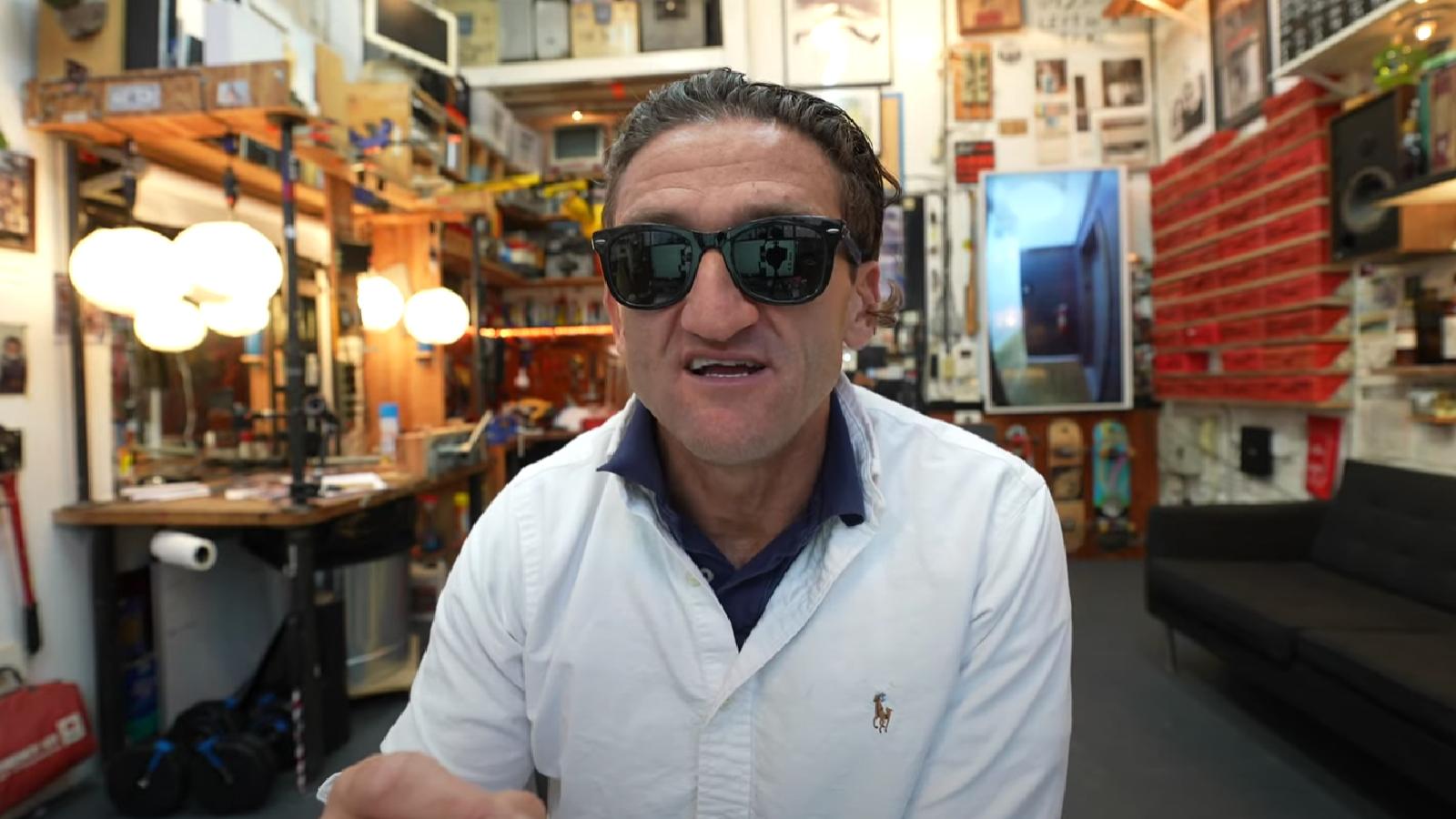Casey Neistat explains why social media means people have less sex
 Casey Neistat / YouTube
Casey Neistat / YouTubeYouTuber Casey Neistat has his own theory as to why the so-called ‘Great American Sex Drought’ is down to social media, and the reduction of ‘intimacy’ it creates.
[ad name=”article1″]
In March, The Washington Post reported that the share of Americans not having sex had reached a record high – and that young people could be blamed.
In 2018, the percentage of 18-29 year olds reporting no sex in the past year more than doubled from what it was in 2008, at 23%, and there are a number of contesting theories as to why.
[ad name=”article2″]
 Young people are the driving force behind the ‘great American sex drought’.
Young people are the driving force behind the ‘great American sex drought’.More social media, less intimacy
Casey Neistat has been discussing the effects of social media in a number of recent videos, including claiming he had a ‘bona fide addition to social media’ in a March 13 upload.
He revealed that he would spend hours each day “mindlessly scrolling” through apps like Instagram and Twitter, calling it a ‘destructive habit. But, could this destructive habit also be contributing to the lack of sex young people are having in America?
Neistat believes it is due to lack of intimacy, which in turn leads to sex. With less intimate relations with people outside of one’s close friend group (because these relationships exists solely through technology), there is less opportunity for more meaningful intimacy.
[ad name=”article3″]
“[Social media] fulfills my desire to interact with people outside of my immediate friend group,” Neistat explains, “if I’m feeling lonely, or I’m on my own and everyone is asleep, I’ll just go on Twitter, and it feels like I’m surrounded by people having a conversation.”
In this way, Neistat argues, social media fulfills individuals’ need for human interaction, and the difference of doing this through technology instead of ‘in-real-life’ interaction, is the lack of intimacy.
The emergence of social media, and other technologies like gaming, is also considered an attributing factor by scholars. Jean Twenge, professor psychology at San Diego State University, explains that “There are a lot more things to do at 10 o’clock at night now than there were 20 years ago. Streaming video, social media, console games, everything else.”



